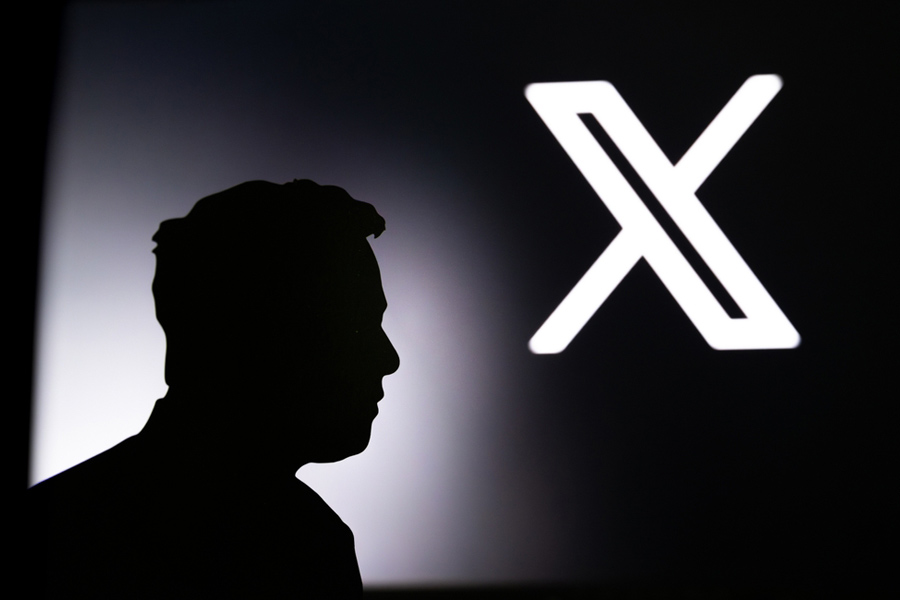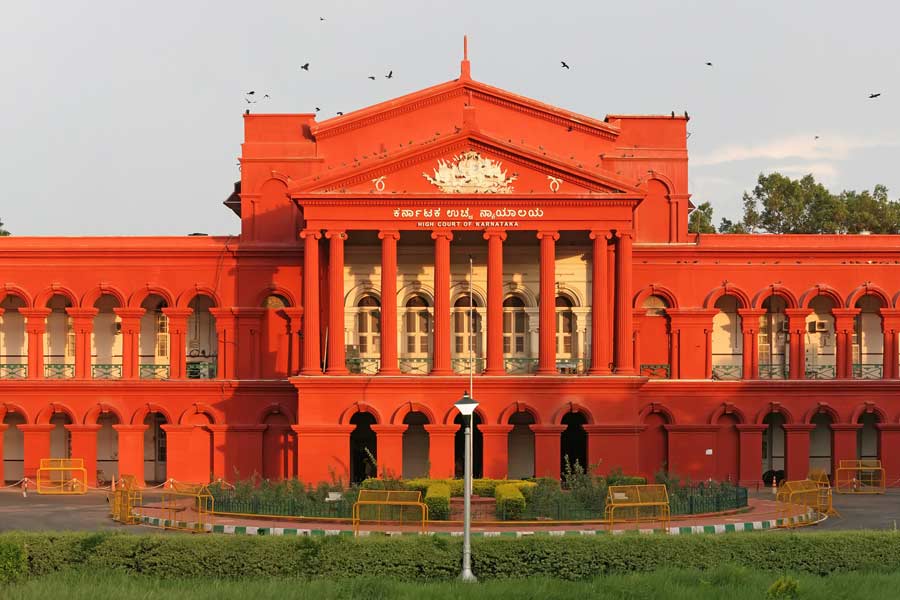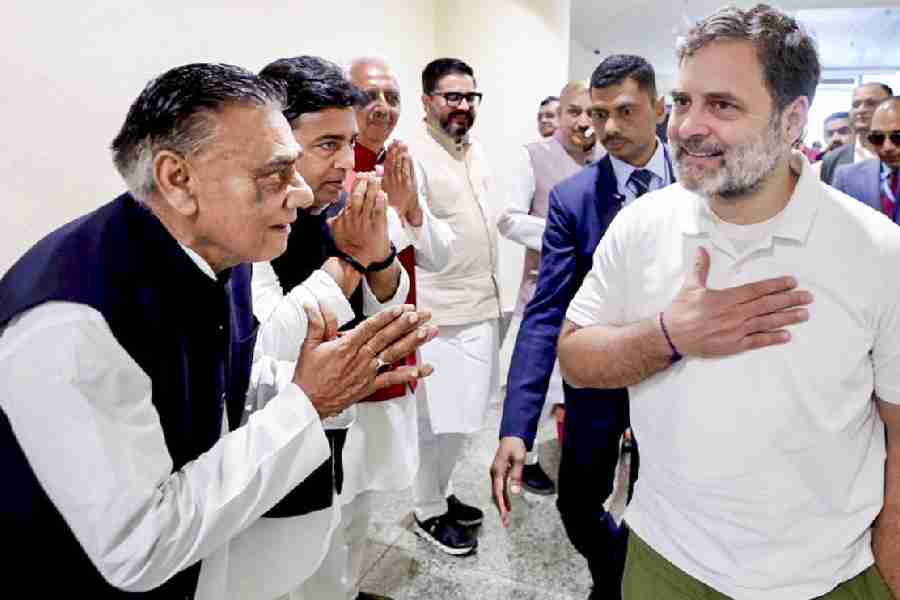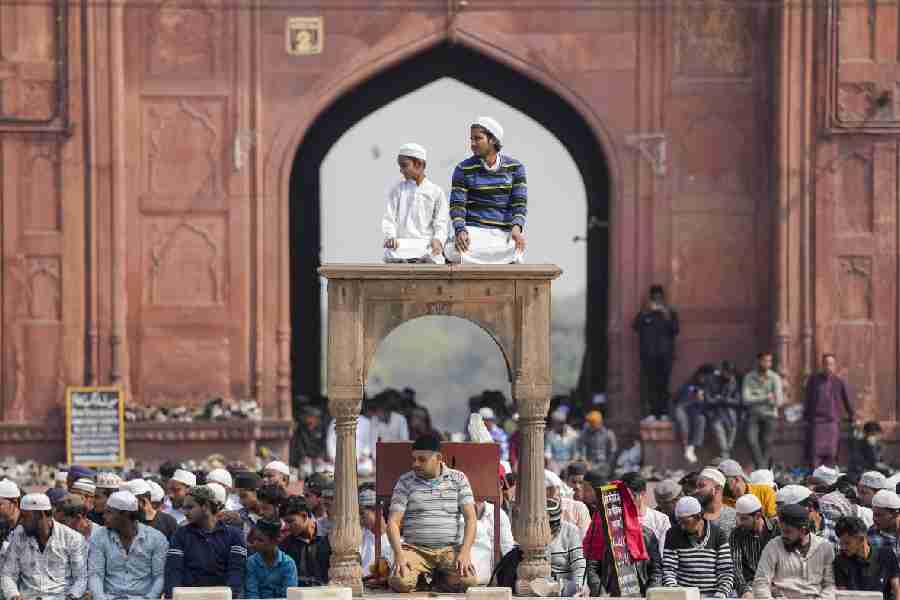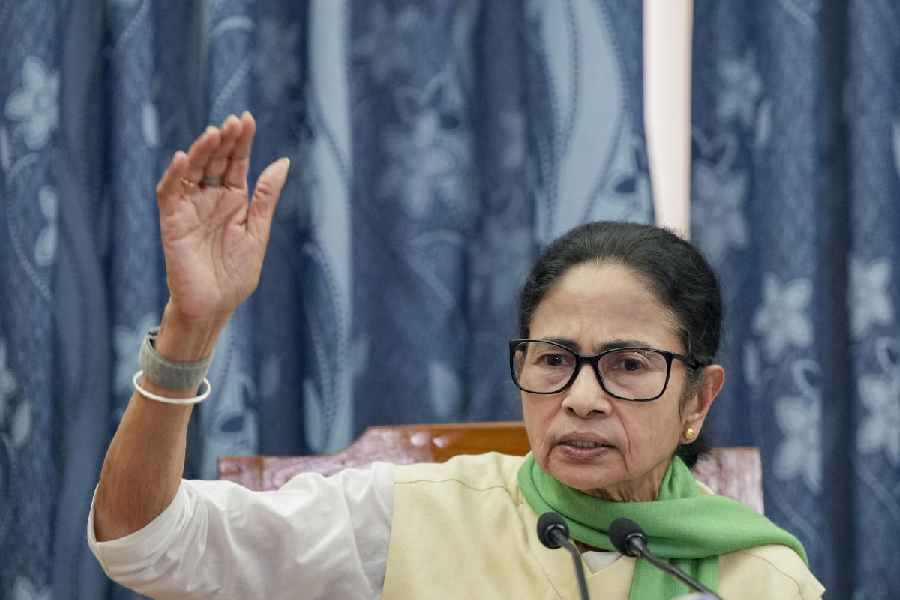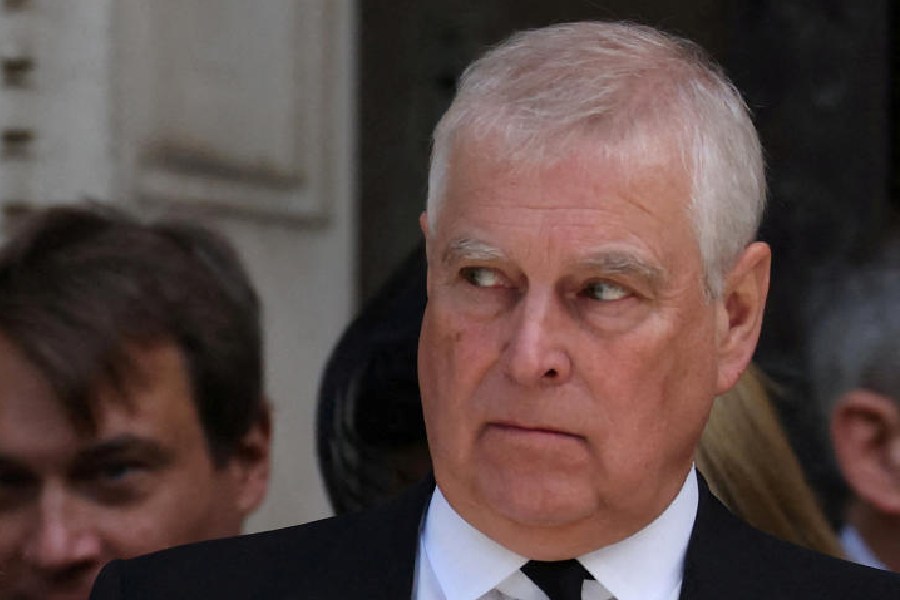Social media platform X on Monday said it was "deeply concerned" by the Karnataka High Court’s decision to dismiss its petition challenging the government’s content removal mechanisms, and announced plans to appeal, citing violations of free speech and constitutional rights.
Elon Musk-owned X has been locked in a prolonged tussle with Indian authorities over New Delhi’s strengthened content regulation framework, which allows police officers and officials to issue takedown orders directly to platforms through a portal called Sahyog.
While the government argues the system curbs unlawful content and ensures accountability, X has equated it with censorship.
"This new regime has no basis in the law, circumvents Section 69A of the IT Act, violates Supreme Court rulings, and infringes Indian citizens' constitutional rights to freedom of speech and expression," X said in a statement.
It added that the Sahyog portal enables officials to order removals "based solely on allegations of 'illegality,' without judicial review or due process for speakers, and threatens platforms with criminal liability for non-compliance."
Last week, Justice M. Nagaprasanna of the Karnataka High Court upheld the government’s authority under the IT Act, observing that platforms operating in India "must accept that liberty is yoked with responsibility," particularly in cases involving offences against women. The court maintained that social media required regulation and rejected X Corp’s challenge.
Responding to the verdict, X said: "X respects and complies with Indian law, but this order fails to address the core constitutional issues in our challenge and is inconsistent with the Bombay High Court's recent ruling that a similar regime was unconstitutional. We respectfully disagree with the view that we have no right to raise these concerns because of our incorporation abroad — X contributes significantly to public discourse in India and the voice of our users is at the heart of our platform. We will appeal this order to defend free expression."
Musk, a self-described "free speech absolutist," has repeatedly clashed with regulators worldwide over takedown demands, but the Indian lawsuit strikes at the foundation of tightened internet rules in the world’s most populous nation.
Since 2023, Prime Minister Narendra Modi’s government has expanded its policing of online content by empowering more officials to issue removal orders directly through the Sahyog portal.

